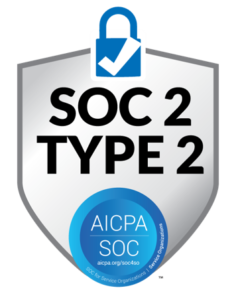
How To Speed Time-to-productivity for New Hires
On-boarding is important in helping new hires understand and execute their performance goals and become acclimated to the culture of their new job and become an effective member of your workforce. So how you on-board new associates can have a significant impact on both the employee’s and your organization’s success.
But it’s more than making a good first impression; it lays the foundation for developing skills and sets objectives for a high-performance workforce. On-boarding provides a supportive process that increases a new hire’s ability to gain knowledge, build relationships and become quickly integrated into their team and the broader organization.
Is your current on-boarding process doing that?
REDUCING TIME-TO-PRODUCTIVITY
The time-to-productivity metric is a relativity new measurement that’s essential to judging the success of your on-boarding efforts. Essentially, it’s the time required for new hires to achieve a performance level that incorporates appropriate productivity, utilization, safety and quality metrics
Minimizing Employee Turnover
Employee turnover rates have been edging upward industry-wide for the last few years. A strong on-boarding program gives associates the tools they need to succeed and shows them they are valued employees. New hires learn what’s expected, how to perform their activities and how and when they will be evaluated. Communicating this information upfront helps avoid misunderstandings and reduces the likelihood that the employee will want to look for a new job elsewhere.
4 Best Practices for Onboarding New Hires
Communicate Job Expectations Up Front
It’s important to clearly communicate role expectations to every new employee when they start their job and to check for understanding on a regular basis going forward.
Help Associates See The Big Picture
How does my work impact the organization overall? What are the key metrics for this department or this facility? These are the questions a new hire may have when starting their job.
Coach New Employees for Success
While it’s critical to get your new hire off to a solid start on the first day or first week, onboarding shouldn’t stop there. Frequent coaching will help employees perform better in their new role, build on their strengths and proactively address any weaknesses.
Review and Reinforce Performance Goals
Your on-boarding program should include performance reviews with new associates at 30, 60 and 90 days (or more frequently) after their start date. This helps ensure employee gets the continued direction, feedback and development they need to progress in their new role.
Leverage Labor Management Technology to Support On-boarding
Having a Labor Management System that serves as a hub for performance monitoring can be critical to the success of your on-boarding program. The ability to review and share associate performance metrics, track progress against goals, and ensure coaching and observations are done regularly are all essential elements to successful on-boarding.

